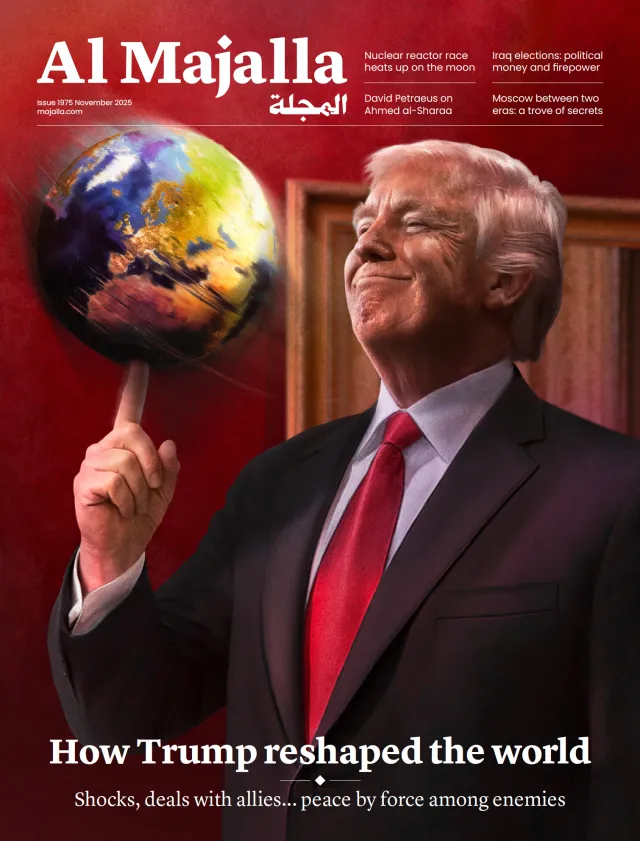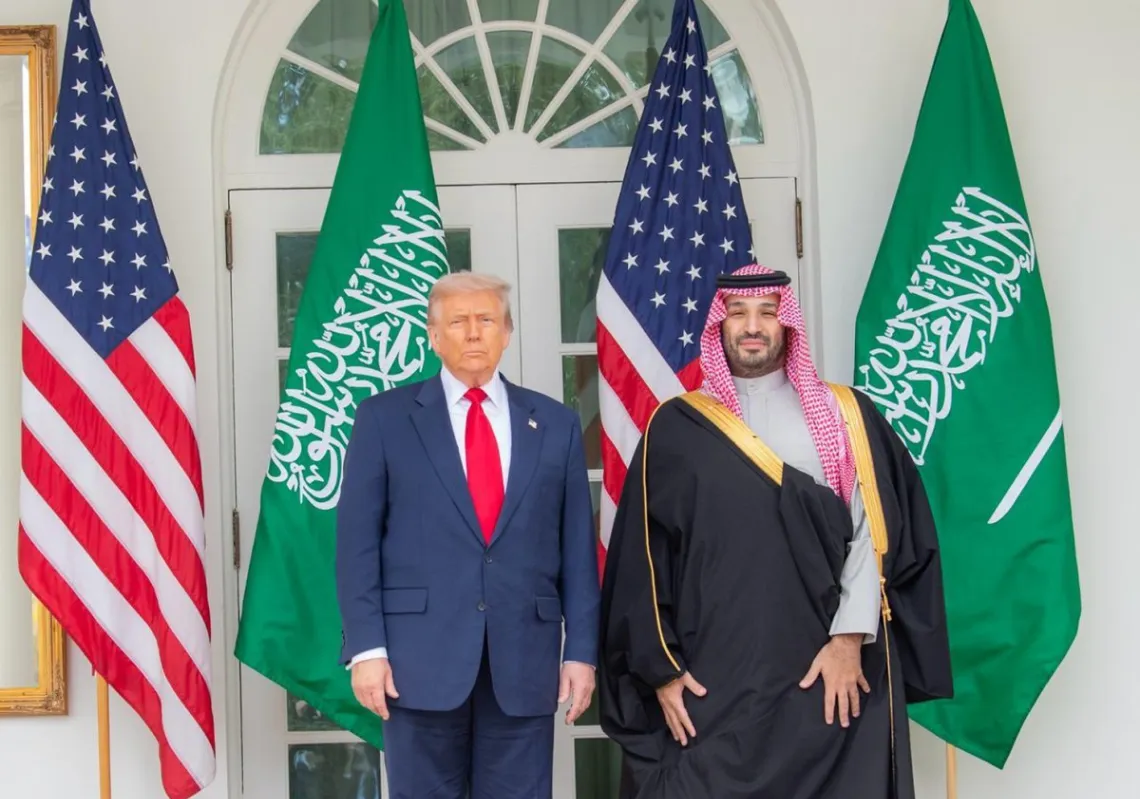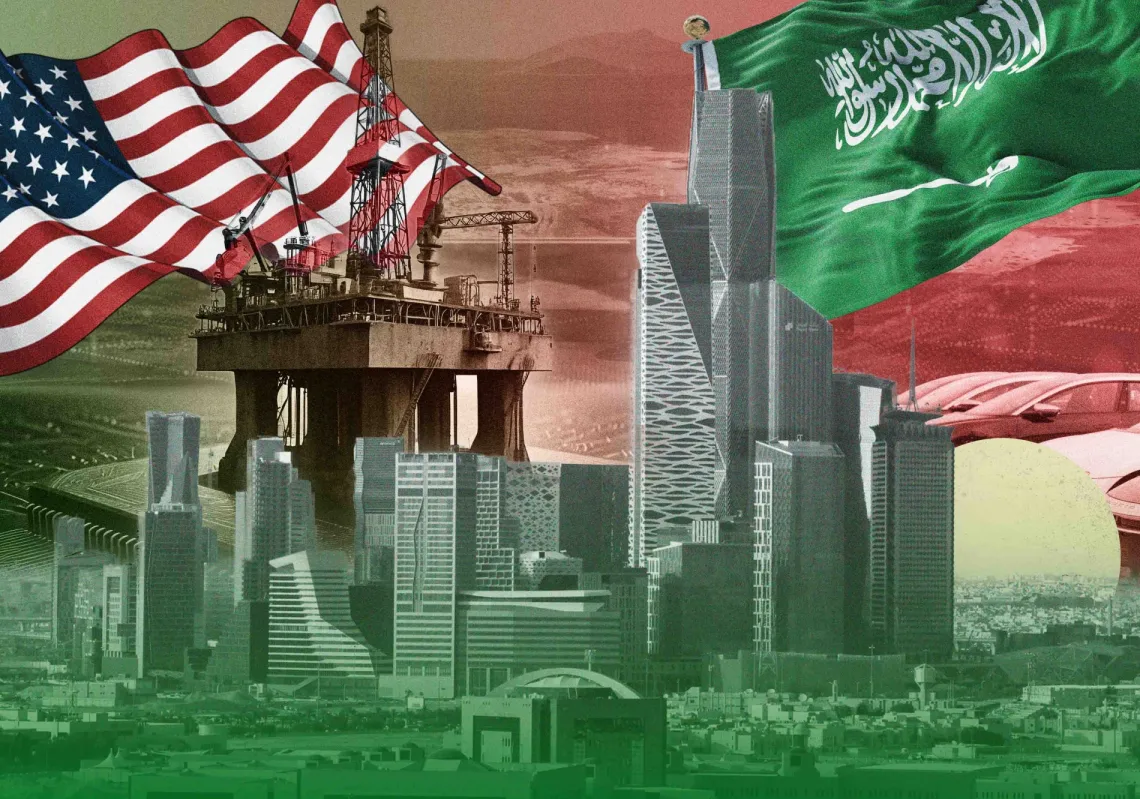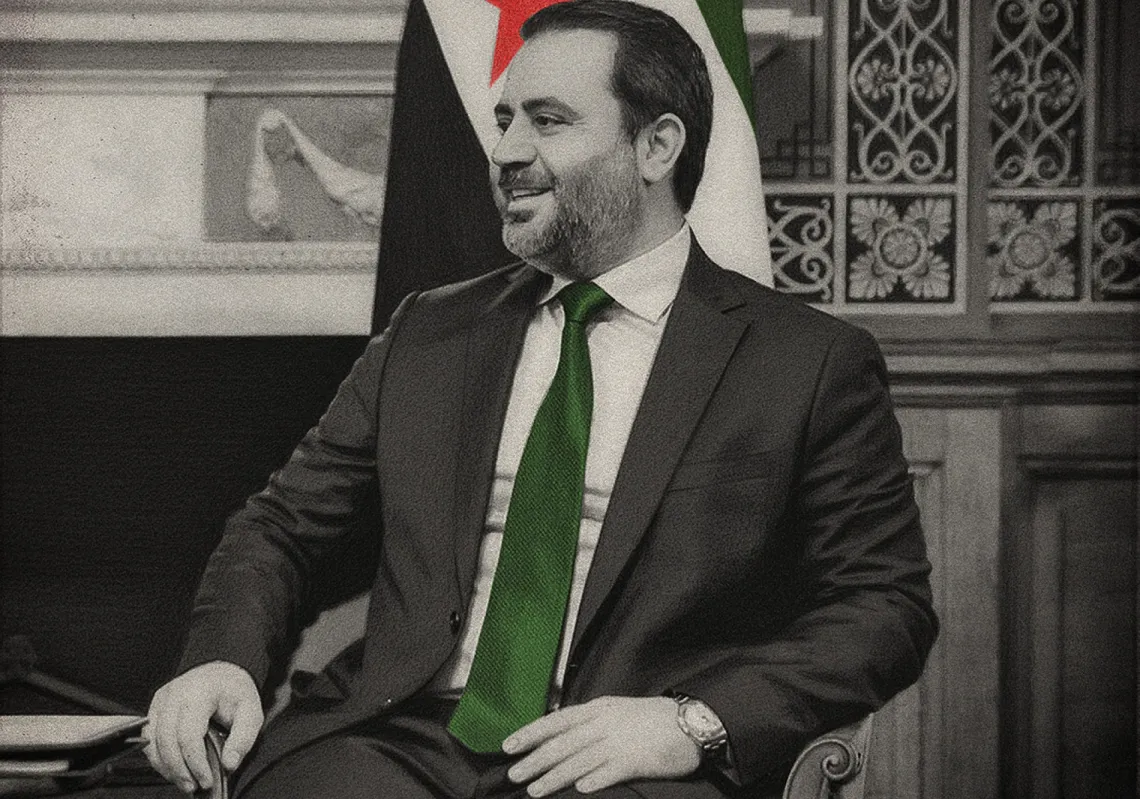In ‘Next to Normal,’ a dark musical currently running on Broadway, a family is torn apart by the strain of coping with the mental breakdown of a family member. Near the final curtain, the mother tells her teenage daughter that she’ll do everything she can to make life normal for her family. The daughter, bruised by years of life in a dysfunctional home, responds that normal may be too much to hope for. She’d settle for “next to normal,” a life where expectations are kept in check and small improvements are valued in their own right.
Lebanon is not yet “next to normal.” Recent rumblings about conflict with Israel, the postponement of municipal elections, and continued wrangling over political appointments, are telling indicators that Lebanon is still far from normal. Underlying everything else, there is Hezbollah’s insistence on preserving its weapons and its autonomy despite the costs this imposes on Lebanese society more broadly.
Nonetheless, in the months since Mr. Hariri cobbled together a fragile coalition government, there are indications that Lebanon is entering a promising political phase, bringing into clearer view the possibility of a future closer to normal than anything it has experienced since before the civil war.
What does “next to normal” mean for Lebanon? Certainly, it is not a condition in which the dysfunctions that drove Lebanon into civil war have been decisively resolved. It is not a condition in which national interests supercede personal ambition in the management of Lebanon’s regional relationships. Nor is it a condition in which Lebanon has somehow managed to insulate itself from the dysfunctions of its neighbors.
In Lebanon, rather, next to normal means something far more modest. It means that political conflicts have become routinized, channeled within existing institutions, and less likely to drive the country into violence. It means that political actors can afford to set aside basic issues of survival to pursue broader agendas, including both the routine stuff of political life and more consequential issues such as constitutional reform. It means, in other words, the emergence of a political arena in which Lebanon’s future can be debated, argued about, even fought over without jeopardizing the country’s stability. It means that “the precarious republic,” might, at long last, begin to find its footing.
Is this overly optimistic? Focusing only on the political arena that might seem to be the case. But looking more broadly, there is ample evidence of an emerging if still fragile confidence in Lebanon’s future. Beirut’s real estate market continues to defy gravity, with prices increasing more than 20 percent in 2009 after a similar increase in 2008. The banking sector is thriving. Overall economic growth rates were 8.5% in 2008, the highest in 15 years, and should come in at an impressive 6% in 2009—both years in which the world’s major economies were gripped by recession. Outside confidence in Lebanon’s stability is also high. Tourism hit record numbers in 2009, with 1.9 million visitors entering the country. This is the highest number since 1974, the year before Lebanon’s collapse into civil war 36 years ago. And while largely symbolic, Lebanon’s appointment as a non-voting member of the UN Security Council gives it an additional element of visibility. It also constitutes another opportunity for Lebanon’s government to silence skeptics by acting coherently, and independently, in the international arena.
But we should not overlook promising political trends that seem to be gathering steam. Even within the domestic and regional political arenas there are signs that winds are shifting in ways that permit measured optimism about what lies ahead for Lebanon, at least in the near term. The first such indicator is the atmosphere surrounding the carefully negotiated visit of Saad Hariri to Damascus in December 2009. Widely seen as affirming Syria’s longstanding influence over Lebanon, and as a marker of Syrian-Saudi rapprochement that has boxed in Prime Minister Hariri, it is difficult to escape the impression that the visit lacked the significance of earlier times. It was a box to be checked off, perhaps, but everyone, Syrians included, seemed to be merely going through the motions.
Indeed, it is also hard to avoid the impression that the Syrian regime’s investment in radical rejectionism has not paid off, despite its claims to the contrary. Damascus seems anxious to rebalance its regional posture away from an Iran gripped by domestic dissent, and back toward the region’s moderate Arab block. It handled the Hariri visit with these aims in mind, declining to exploit his appearance as an affirmation of Syrian superiority. And at a moment when Syria is clearly benefiting from shifts in U.S. and Saudi policy, and from its recent rapprochement with Turkey, would Damascus risk recent gains by supporting, even tacitly, the more adventuresome trends within Hezbollah? Probably not, and to the extent that Syria is able to constrain Hezbollah, it increases the likelihood of Lebanon’s domestic stability.
Having checked the Syria box, Hariri then began a round of international visits, traveling to Turkey, the UAE, and France, with a visit to Washington scheduled for later this month. A second visit to Damascus is also possible. At every stop, Hariri made a public point of conducting business as usual, signing agreements and generally affirming both Lebanon’s status as an almost normal state and his own status as the head of an almost normal government.
Most important, however, as an indicator of Lebanon’s progress toward a “next to normal” political life is the uproar that accompanied Nabih Berri’s call in late January for constitutional reform. To the surprise of even his coalition allies, Berri breathed new life into the long neglected Boutros Commission report, calling for the implementation of many of its recommendations including a lowering of the voting age to 18 and an electoral quota for women. Most incendiary of all, however, was Berri’s willingness to contemplate a modest shift in the bedrock principle of Lebanese politics, replacing sectarian quotas with proportional representation for a modest share of seats in Lebanon’s parliament.
Despite the near certainty that it would fail, Berri’s initiative was nonetheless important for a number of reasons. It returned to the forefront of Lebanese politics, however briefly, issues of constitutional reform that many politicians had hoped would quietly disappear after the June 2009 elections. It gave encouragement to civic activists who were increasingly resigned to the perpetuation of a corrosive status quo. It placed on the defensive those politicians, including Saad Hariri, who have the most to lose from an end to sectarian quotas. And for a moment at least, it renewed Berri’s reputation as a progressive and independent political leader.
Perhaps most important of all, however, is what Berri’s overture signaled about the state of Lebanese politics more broadly. Except for a brief period in the immediate aftermath of the Syrian withdrawal, meaningful constitutional reforms have been a luxury in which no serious Lebanese politician was willing to indulge—except as a means to preserve sectarian prerogatives. When communal survival is at stake, other considerations are pushed aside. With his January announcement, Berri was, in effect, signaling that Lebanon is ready for a different, more normal, political life, even while highlighting the barriers that must still be removed before a transition to normalcy can begin.
Berri is far too experienced a politician to imagine that his proposal would be warmly embraced by his opponents, or even by his allies in Hezbollah. It is hard to imagine that he was unaware of the odds against his success. To understand his initiative, therefore, both in its timing and its content, requires that we see it as a pointed and none too subtle prompt from Berri—a politician with less of a stake in the status quo than many others—that Lebanon’s transition to normalcy requires more than bi-lateral trade agreements with Turkey, and more than tourists flocking to the bars of Gemayze. It requires that Lebanon’s politicians temper their sectarian concerns and embrace a broader conception of politics, one that includes the possibility for debate about the steps that will have to be taken to construct a political arena that is not only more representative and democratic, but in which communal survival no longer trumps any other consideration.
The intensity of the opposition to Berri’s initiative, not least from Saad Hariri, underscores just how far Lebanon has to go to reach “next to normal”. Yet in positioning himself as an opponent of constitutional reform, Hariri is missing a significant opportunity. In a political arena dominated by intractable issues, and overseeing a fragmented and unruly coalition, to embrace an agenda of domestic reform would increase Hariri’s room for manoeuvre, shift attention away from issues on which no progress seems possible, and permit Hariri to redefine the political agenda on his own terms, and in the process to redefine himself as more than just another Lebanese warlord.
Unfortunately, Hariri is unlikely to seize the moment. Indeed, it is possible that the moment has already passed. But its echoes, together with broader economic and political trends discussed above, continue to suggest that Lebanon is likely to experience slow, incremental progress toward normalcy in the coming year, even if it is some time before issues of constitutional reform receive the attention they deserve.
It must also be said that such progress is only possible if the regional context remains supportive of Lebanon’s domestic stability. Here too there are reasons for cautious optimism, including Syrian-Saudi détente and the low probability of a renewal of conflict with Israel, recent sabre rattling on all sides notwithstanding. Yet the potential for disruption is always present. An attack on Iran, a provocative act by Israel or by Hezbollah, the reversal of the current rapprochement between Syria and Saudi Arabia, or even a yet unforeseen domestic crisis that throws the current government off balance—any of these could undermine Lebanon’s slow transition to normalcy.
For all of these reasons, it is far too early to imagine that a “virtuous cycle” has taken hold in Lebanon, which stability becomes self-reinforcing, the incentives against disruptive acts increase, and the space for domestic debate expands to include issues that now appear too threatening to consider. Despite this, the start of 2010 offers some basis for hope that if Lebanon is not yet normal, next to normal is becoming a real possibility. It is important to keep expectations in check, and to anticipate backsliding and reversals. In the meantime, however, it is not too soon to appreciate the small improvements Lebanon has experienced in recent months and value them in their own right.
Steven Heydemann - Vice President, US Institute of Peace and Research Associate Professor, Georgetown University







